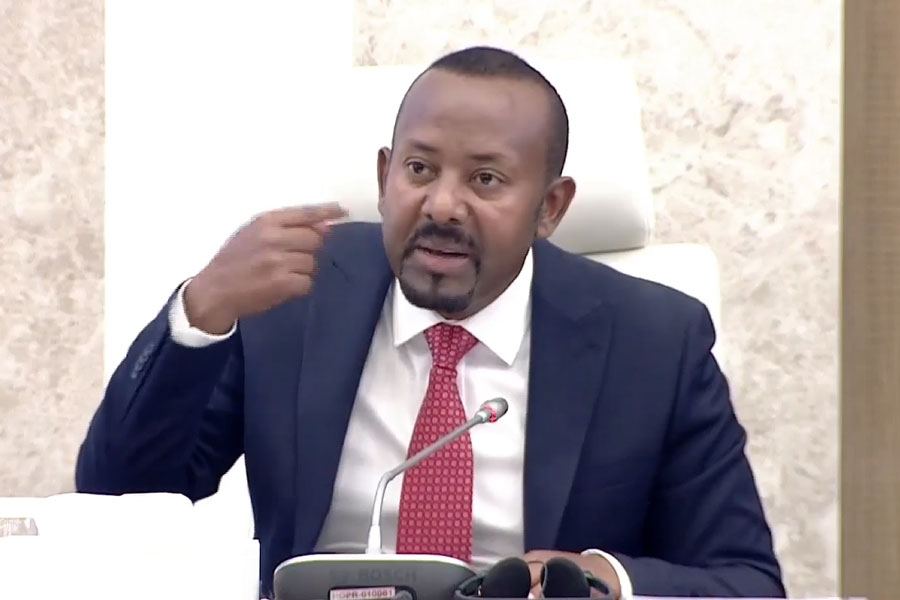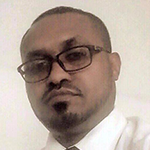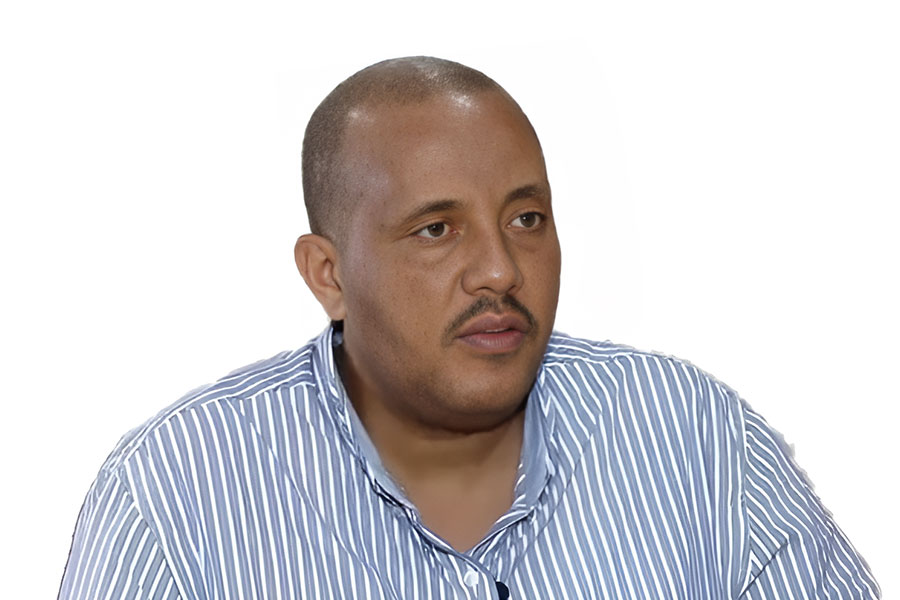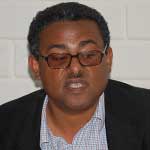
Oct 30 , 2022
By Abraham Tekle
It is no exaggeration to claim that the nearly two-year’s old war in northern Ethiopia is perhaps the most intensive we have seen in recent history. It is one of the most devastating events in Ethiopia and Africa. It has ravaged the country’s economy and good standing before the world. The warring parties have orchestrated atrocities on civilians and extrajudicial killings. Such acts are opposite to the notion of “Ubuntu”.
Ubuntu was born in South Africa, a country with a devastating political legacy of institutionalised racism. South Africa’s society remained united with the philosophical concept of Ubuntu, despite the apartheid regime leaving the majority of South Africans with collective trauma.
Humans are the preservers and guardians of culture through intergenerational transmission. By that, the notion of human culture asserts ‘Ubuntuism’.
Ubuntuism is the maxim of humanism. Ubuntu is being human through other people, best described as “I am because of who we all are”. It echoes goodwill towards others and asserts that to be human is to affirm one’s own humanity by recognising the humanity of others. It is the basis of a respectful relationship with conflict resolution abilities in a peaceful manner.
Ethiopia has its own traditional conflict resolution methods. Its norms garner much of their impetus from religion, with most of its population embracing religious institutions. These institutions preach to their followers the importance of forgiveness. “To err is human, to forgive is divine” is one of the most notable references in the culture. Here, the sense of Ubuntuism is not a description of divinity but rather the act of showing humanity.
Social norms in African cultures encourage that forgiveness should come as a response to an apology from transgressors.
Apart from norms and religious statements’ inclination to forgiveness, does it not make sense to forgive someone who transgressed on account of Ubuntuism?
The answer remains to be seen, but conflict is unavoidable in any social structure. At times, it escalates to violence and leads to devastating results, dissociating the social fabric into destruction. Ubuntuism, with its indigenous wisdom, remains resolute in resolving conflicts, avoiding bloodshed and ensuring stability.
This is part of a broader problem that Ethiopians are experiencing. Cultural beliefs and traditional norms encourage forgiveness. In a socially intertwined country, where religious institutions’ influence is profound, the leaders must acknowledge the problem. They need to contribute their share to pacify the existing menace. Their intervention can go a long way in checking the danger. Elders must use their traditional conflict resolution wisdom, and society must invest in changing the younger generation’s attitude.
War is not a solution for a political conflict; peace talks are.
The collapse of the humanitarian truce, which led to the resumptions of full-frontal fighting in Tigray, has confused many. This time, the much-anticipated peace talks were held in South Africa last week, in a country united with the philosophical concept of “Ubuntu” and “Ubuntuism.” The symbolism should not be lost on us.
The details of the peace talks and the outcomes of negotiations so far are shredded in secrecy. No surprise here. There was very little to go by from leaked media reports, which both parties have invariably restrained from making public statements. Under such uncertainty, what parameters are precisely agreed upon to start formal peace talks and the path for a permanent ceasefire remains unclear. We can only hope the negotiators recognise the aphorism of humanism and act along.
Valuing humanity above all differences should be a forerunner to challenging inherent disagreements and confronting environmental threats. After all, “I am because of who we all are”.
PUBLISHED ON
Oct 30,2022 [ VOL
23 , NO
1174]


My Opinion | Nov 27,2018

Verbatim | Sep 10,2023

View From Arada | Oct 12,2024

Viewpoints | Nov 14,2020

Radar | Dec 24,2022

Viewpoints | Feb 01,2020

International Stories | Apr 16,2020

Radar | Feb 29,2020

Verbatim | May 16,2020

Fortune News | Aug 17,2025

Photo Gallery | 177916 Views | May 06,2019

Photo Gallery | 168126 Views | Apr 26,2019

Photo Gallery | 158854 Views | Oct 06,2021

My Opinion | 137026 Views | Aug 14,2021
Commentaries | Oct 25,2025

Dec 22 , 2024 . By TIZITA SHEWAFERAW
Charged with transforming colossal state-owned enterprises into modern and competitiv...

Aug 18 , 2024 . By AKSAH ITALO
Although predictable Yonas Zerihun's job in the ride-hailing service is not immune to...

Jul 28 , 2024 . By TIZITA SHEWAFERAW
Unhabitual, perhaps too many, Samuel Gebreyohannes, 38, used to occasionally enjoy a couple of beers at breakfast. However, he recently swit...

Jul 13 , 2024 . By AKSAH ITALO
Investors who rely on tractors, trucks, and field vehicles for commuting, transporting commodities, and f...

Oct 25 , 2025
The regulatory machinery is on overdrive. In only two years, no fewer than 35 new pro...

Oct 18 , 2025
The political establishment, notably the ruling party and its top brass, has become p...

Oct 11 , 2025
Ladislas Farago, a roving Associated Press (AP) correspondent, arrived in Ethiopia in...

Oct 4 , 2025
Eyob Tekalegn (PhD) had been in the Governor's chair for only weeks when, on Septembe...

Oct 25 , 2025 . By YITBAREK GETACHEW
Officials of the Addis Abeba's Education Bureau have embarked on an ambitious experim...

Oct 26 , 2025 . By YITBAREK GETACHEW
The federal government is making a landmark shift in its investment incentive regime...

Oct 27 , 2025
The National Bank of Ethiopia (NBE) is preparing to issue a directive that will funda...

Oct 26 , 2025 . By SURAFEL MULUGETA
A community of booksellers shadowing the Ethiopian National Theatre has been jolted b...